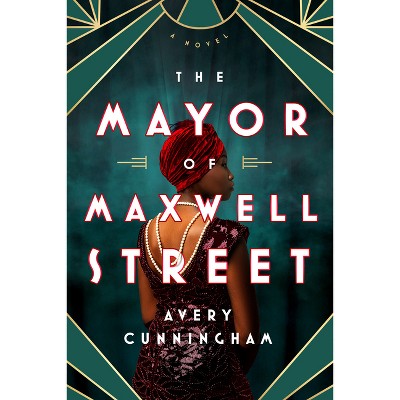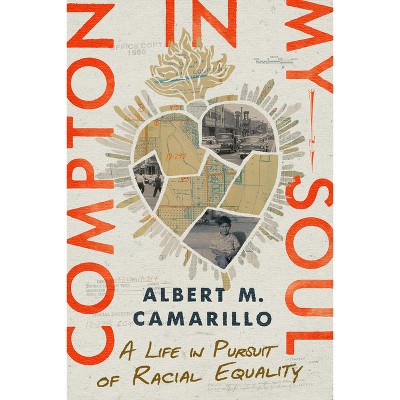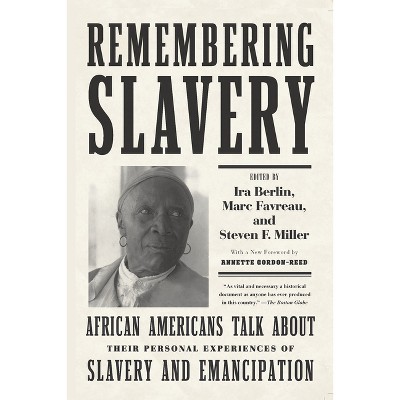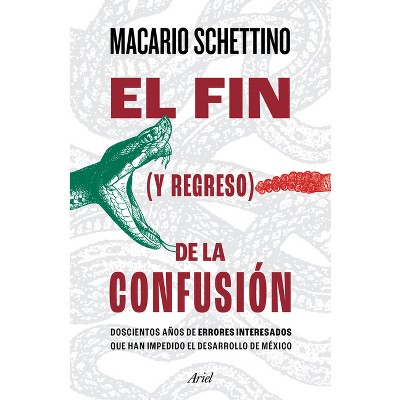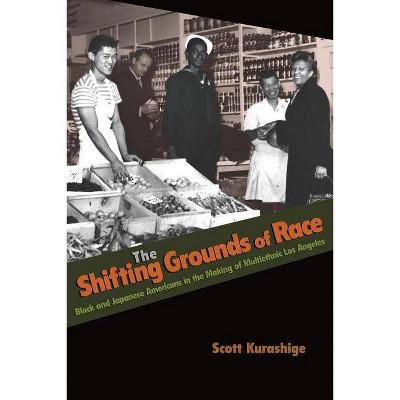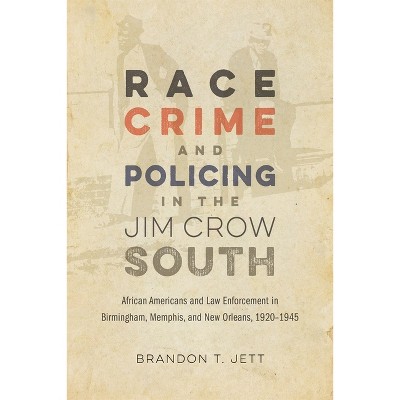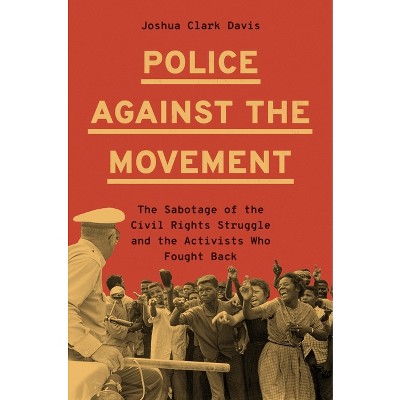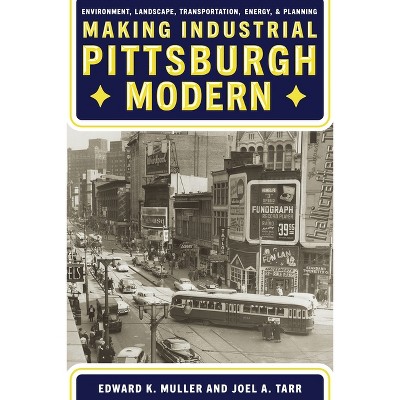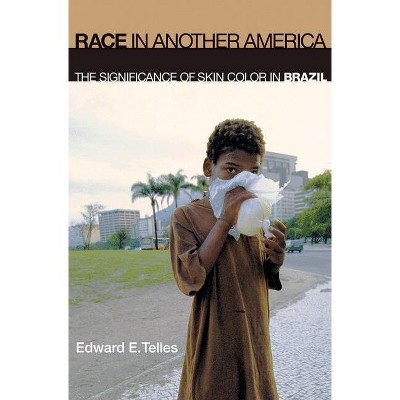Sponsored

Race, Police, and the Making of a Political Identity - (Latinos in American Society and Culture) by Edward J Escobar (Paperback)
In Stock
Sponsored
About this item
Highlights
- In June 1943, the city of Los Angeles was wrenched apart by the worst rioting it had seen to that point in the twentieth century.
- About the Author: Edward J. Escobar is Associate Professor in the Departments of Chicana and Chicano Studies and History at Arizona State University, and coeditor of Forging a Community: The Latino Experience in Northwest Indiana, 1919-1975 (1987).
- 372 Pages
- History, United States
- Series Name: Latinos in American Society and Culture
Description
About the Book
This book offers a fascinating examination of the historically volatile relationship between the Mexican American community and the Los Angeles Police Department. Within the vibrant backdrop of Los Angeles, Escobar probes and interprets the roots of cultural misperception and social paranoia which culminated in the infamous Zoot Suit Riots.Book Synopsis
In June 1943, the city of Los Angeles was wrenched apart by the worst rioting it had seen to that point in the twentieth century. Incited by sensational newspaper stories and the growing public hysteria over allegations of widespread Mexican American juvenile crime, scores of American servicemen, joined by civilians and even police officers, roamed the streets of the city in search of young Mexican American men and boys wearing a distinctive style of dress called a Zoot Suit. Once found, the Zoot Suiters were stripped of their clothes, beaten, and left in the street. Over 600 Mexican American youths were arrested. The riots threw a harsh light upon the deteriorating relationship between the Los Angeles Mexican American community and the Los Angeles Police Department in the 1940s.In this study, Edward J. Escobar examines the history of the relationship between the Los Angeles Police Department and the Mexican American community from the turn of the century to the era of the Zoot Suit Riots. Escobar shows the changes in the way police viewed Mexican Americans, increasingly characterizing them as a criminal element, and the corresponding assumption on the part of Mexican Americans that the police were a threat to their community. The broader implications of this relationship are, as Escobar demonstrates, the significance of the role of the police in suppressing labor unrest, the growing connection between ideas about race and criminality, changing public perceptions about Mexican Americans, and the rise of Mexican American political activism.
From the Back Cover
IN JUNE 1943, THE CITY OF LOS ANGELES was wrenched by the worst rioting it had seen to that point in the twentieth century. Incited by sensational newspaper stories and public hysteria over allegations of widespread crime among Mexican American juveniles, scores of American servicemen, joined by civilians and even police officers, roamed the streets of the city in search of young Mexican Americans wearing zoot suits -- outlandish suits featuring baggy pants with narrow cuffs and knee-length jackets with wide lapels. Once found, zoot suiters were stripped of their clothes and beaten while police stood by. Only a handful of servicemen were arrested, but over six hundred Mexican American youths were incarcerated for disturbing the peace. The riots threw a harsh light on the deteriorating relationship between the city's Mexican American community and the Los Angeles Police Department.In this study, Edward J. Escobar examines the history of the LAPD and the Chicano community from the turn of the century, when the police first became a professional organization, to the era of the Zoot Suit riots. Escobar shows how police increasingly characterized Chicanos as a criminal element, and how the assumption of Mexican Americans that the police were deliberately targeting them grew. As Escobar demonstrates, this troubled relationship prompted Mexican Americans to forge a new political identity, even as the LAPD used fear of minority crime to increase its autonomy. This combination of a politicized minority and an intransigent police force would eventually contribute to other uprisings in Los Angeles, including the 1965 Watts riots and the violence that erupted in 1992 following the acquittal ofLAPD officers accused of beating Rodney King.
Review Quotes
"Escobar's book goes a long way toward answering the baffled cries of local editorial writers heard since the Rampart scandal broke." --LA Weekly
About the Author
Edward J. Escobar is Associate Professor in the Departments of Chicana and Chicano Studies and History at Arizona State University, and coeditor of Forging a Community: The Latino Experience in Northwest Indiana, 1919-1975 (1987).Shipping details
Return details
Trending Non-Fiction




